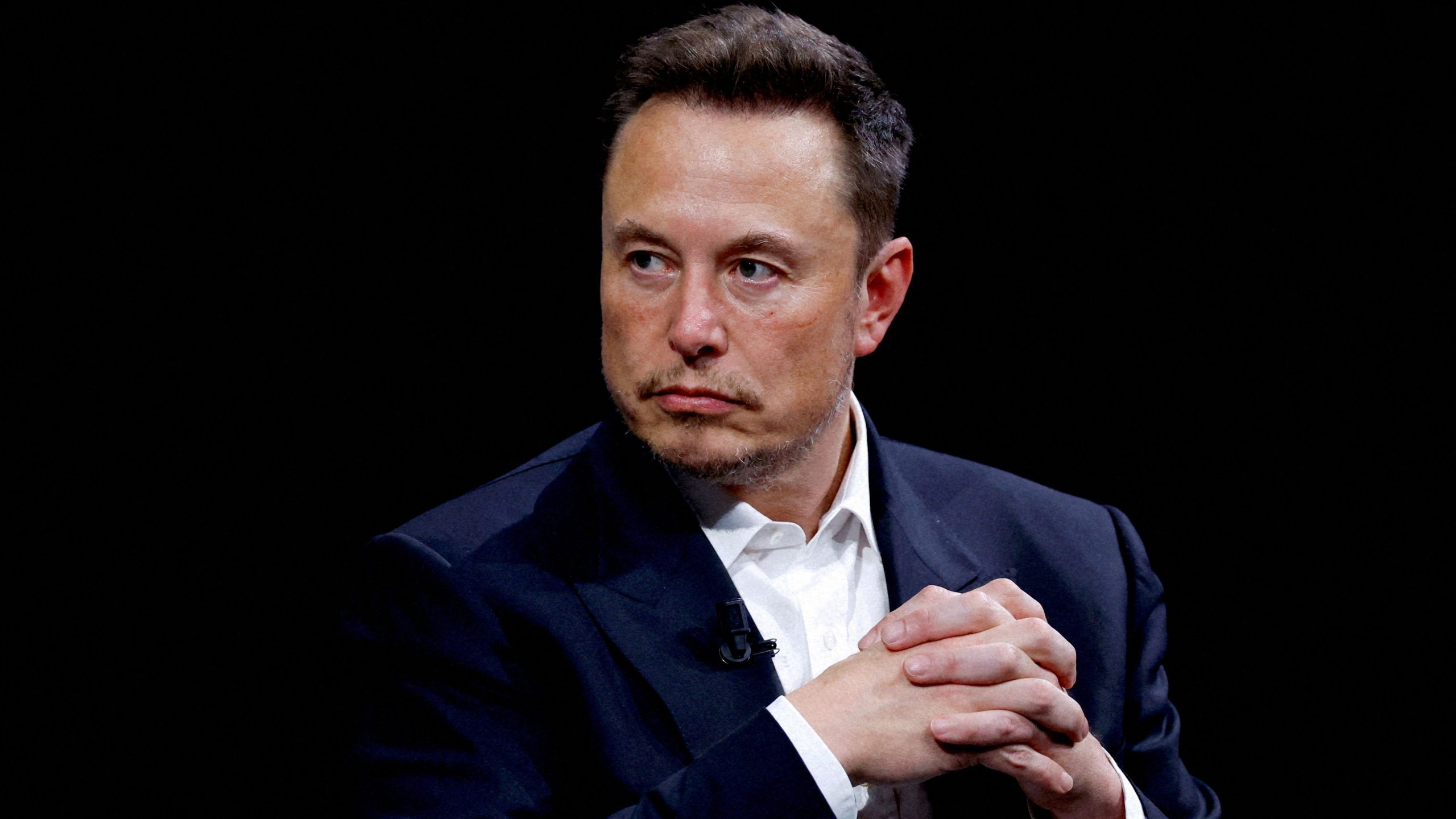Transportation Secretary Pete Buttigieg took to X (formerly Twitter) to counter Elon Musk’s spread of misinformation about federal disaster aid related to Hurricane Helene. Musk, who commands a large following on the platform, had falsely claimed that the Federal Aviation Administration (FAA) was restricting airspace in the disaster zone, blocking recovery flights.
Buttigieg directly responded to Musk, clarifying that no such shutdowns were happening, and urged Musk to contact him if there were any issues. His response was aimed at dispelling the false narratives Musk had posted regarding federal response efforts.
The FAA also stepped in to refute Musk’s claims, stating that no airspace restrictions were in place over North Carolina, which was one of the states hit by Hurricane Helene.
The FAA explained that pilots seeking to land at local airports needed to coordinate with airport authorities, but there were no barriers to rescue or recovery flights. Musk’s accusations, which were seen as spreading conspiracies about federal disaster management, were dismissed by FAA officials as entirely false.

Musk’s misinformation extended beyond the FAA, as he also targeted the Federal Emergency Management Agency (FEMA). In one of his posts, Musk claimed FEMA was not only failing in its relief efforts but also actively obstructing citizens trying to provide aid.
FEMA’s public affairs director, Jaclyn Rothenberg, responded, strongly denying these claims and stating that no resources or supplies were being confiscated in the areas affected by Helene. She pointed out that FEMA had even deployed SpaceX’s Starlink terminals to assist with communication and recovery operations.
The situation became more politically charged when former President Donald Trump amplified Musk’s false claims by reposting them on his platform, Truth Social. Musk has become an influential political figure, having endorsed Trump and contributed large donations to Republican causes in recent years. Despite this, Musk’s companies, including SpaceX and Tesla, have received substantial financial benefits from federal programs, highlighting the complexity of his relationship with the U.S. government.
Musk’s public conflicts with federal agencies are not new, as he has previously criticized the FAA and the Environmental Protection Agency (EPA). His companies, however, still depend heavily on government contracts and subsidies.
SpaceX, for example, generates billions in revenue from federal projects, while Tesla’s early growth was boosted by loans, tax breaks, and other forms of government support. Despite Musk’s public antagonism towards the government, his business ventures continue to thrive on the back of federal assistance.


